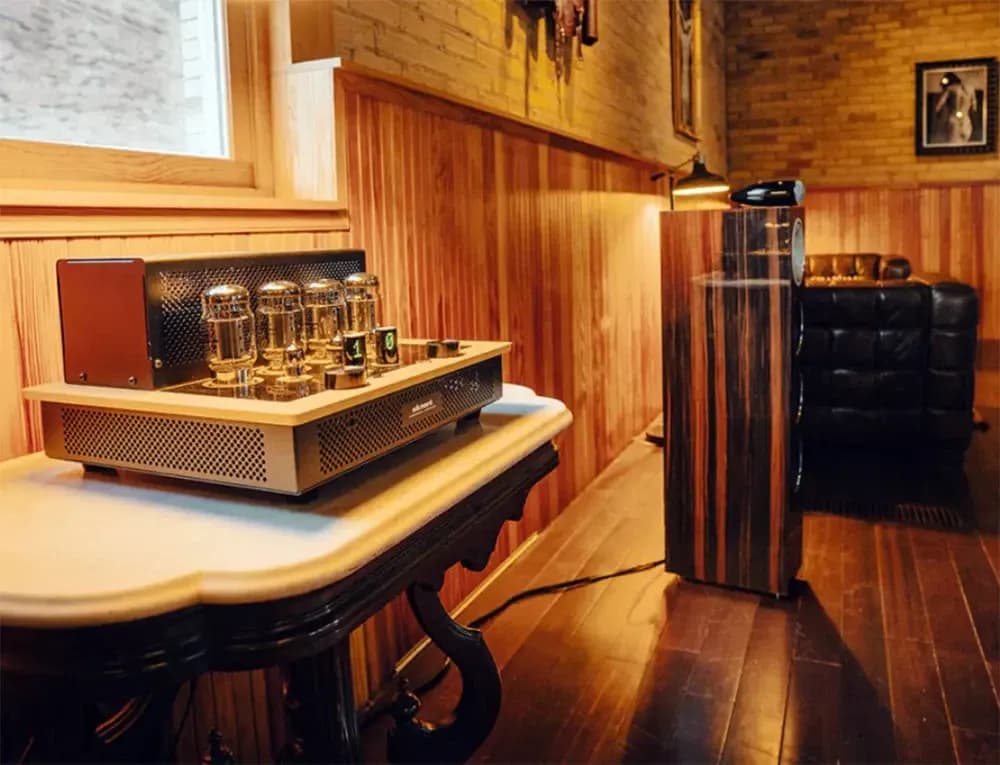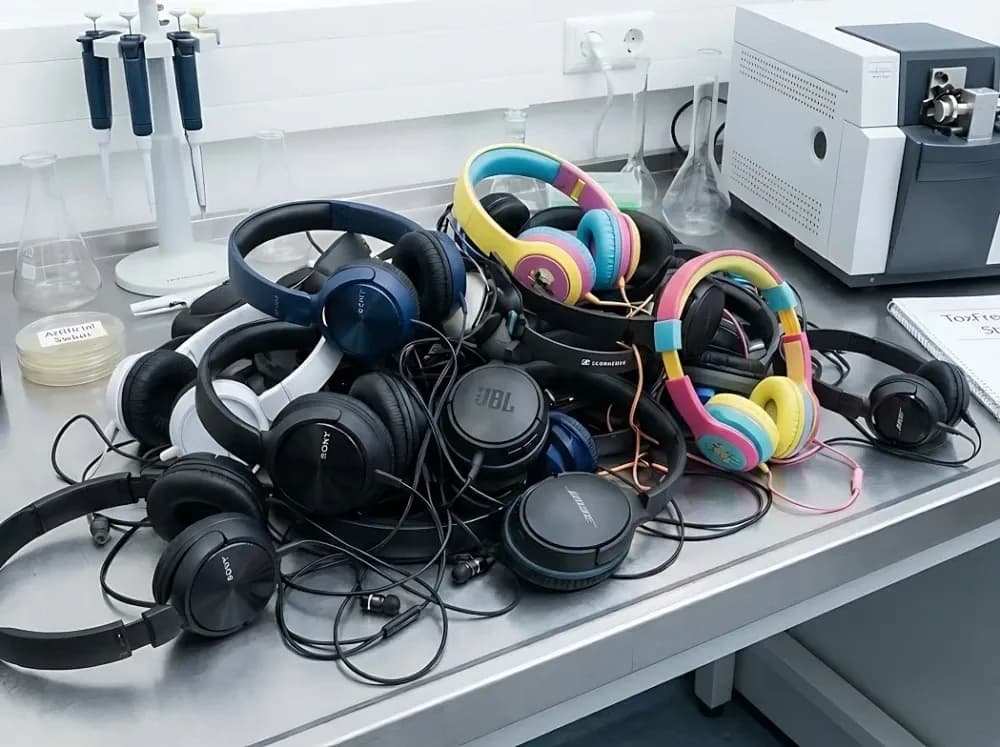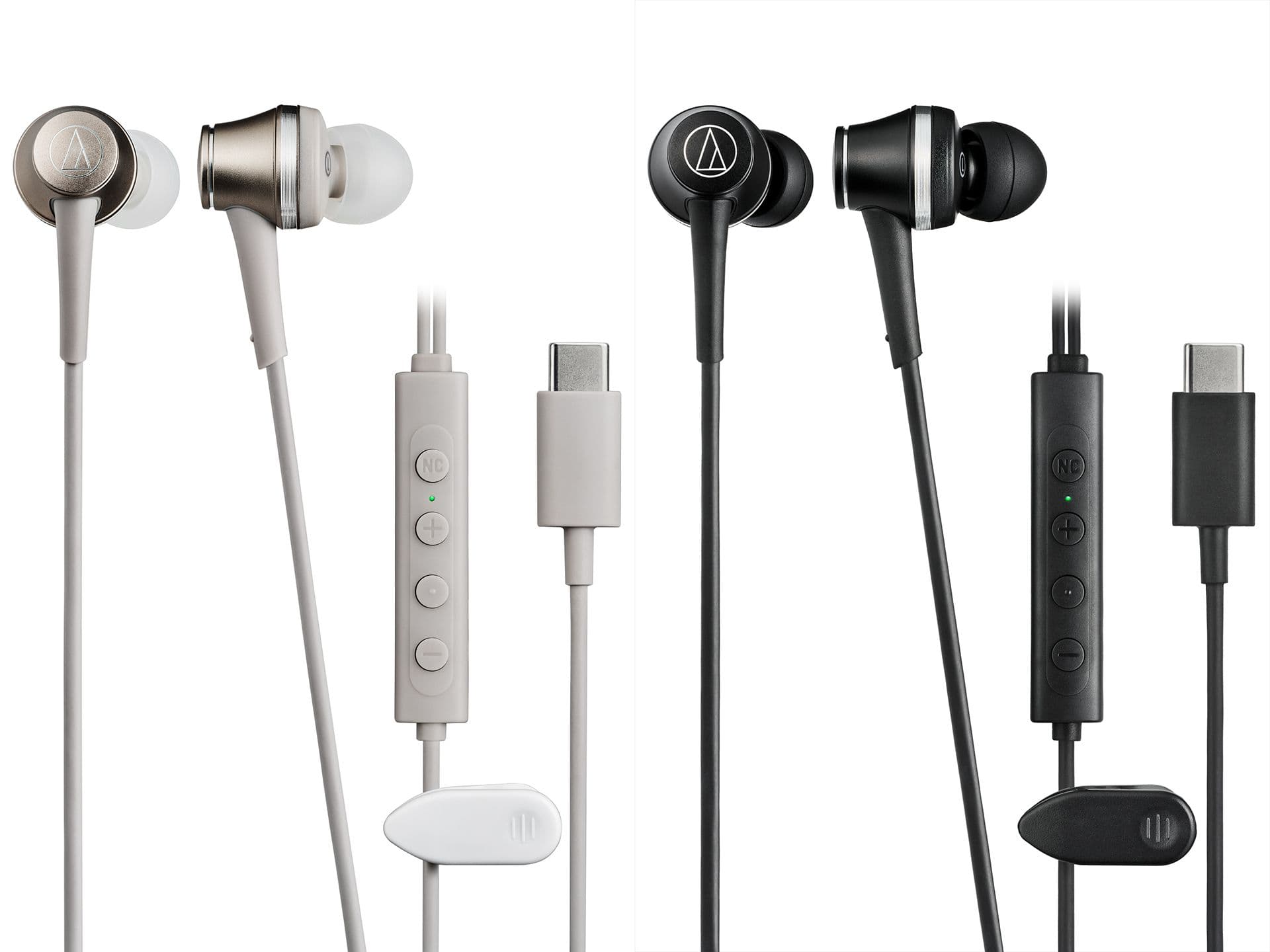Eclipsa Audio: Google and Samsung's Open-Source Rival to Dolby Atmos
By HiFi Editorial24 February 2026

Key Highlights
Eclipsa Audio is an open-source 3D audio format challenging Dolby Atmos with no licensing fees and lower costs.
Supports up to 28 channels, multiple codecs, and scalable compatibility from mono speakers to multi-speaker setups.
Major brands like Samsung, Google, Sony, and TCL are integrating it into upcoming devices for broad platform support.
There's a new audio format on the horizon that's been generating quite a bit of interest: Eclipsa Audio. Positioned as a fresh competitor to Dolby Atmos, it's backed by industry giants Google and Samsung. Initially unveiled in early 2024 under the mouthful name Immersive Audio Model and Formats (IAMF), it's since been rebranded to Eclipsa Audio for better market appeal.
Eclipsa Audio is an open-source 3D audio format designed to deliver an immersive sound experience. Unlike proprietary formats like Dolby Atmos or DTS:X, it's open-source, eliminating licensing fees and potentially lowering the barrier for widespread adoption. While there's still a certification process involved, the overall costs are expected to be significantly less than those associated with Dolby Atmos.



